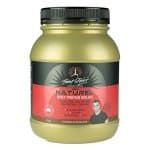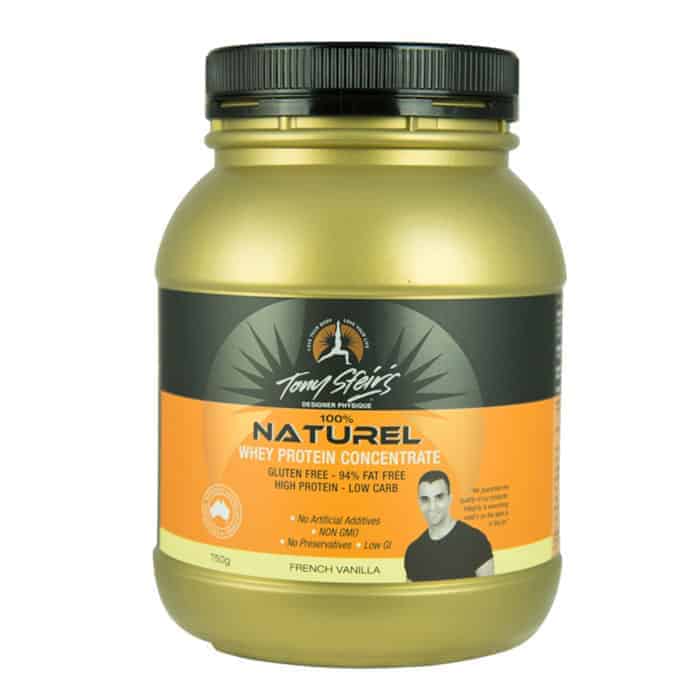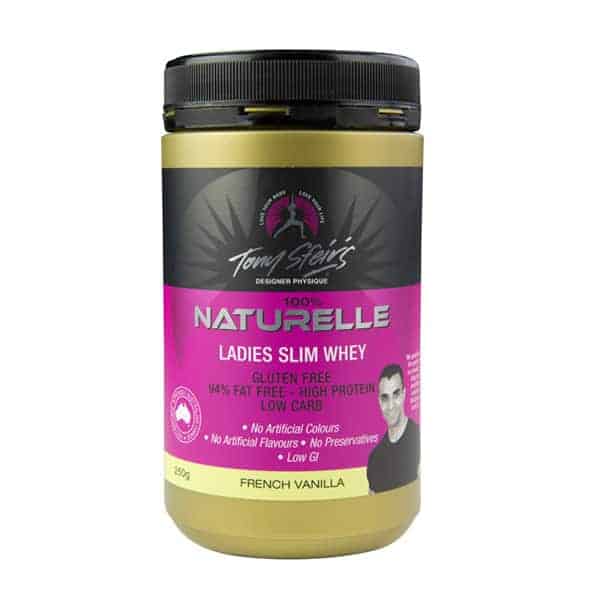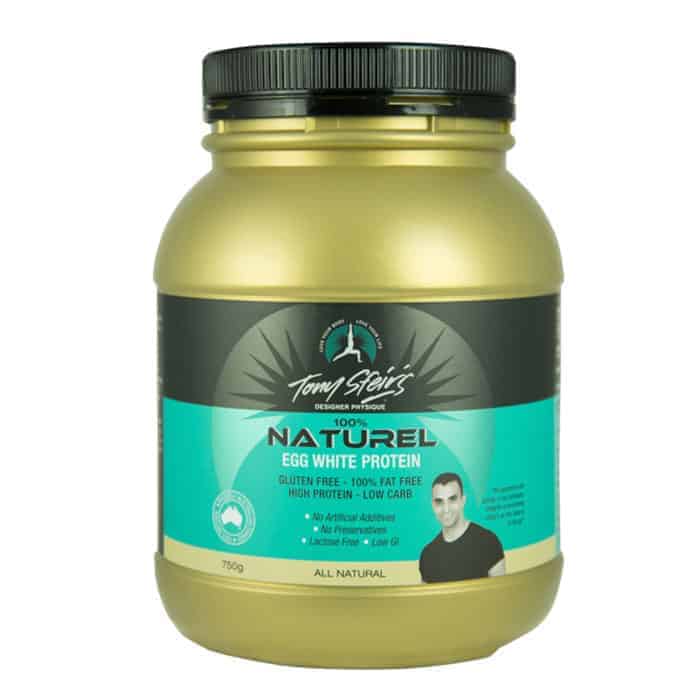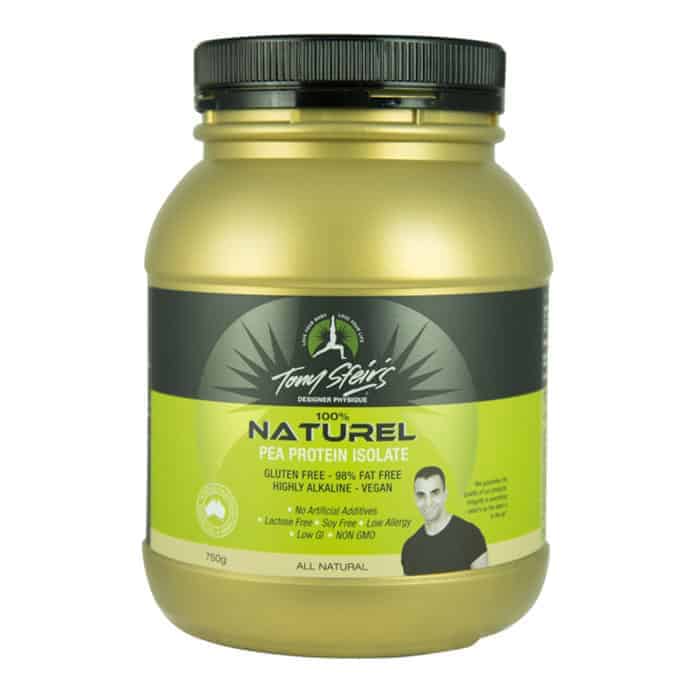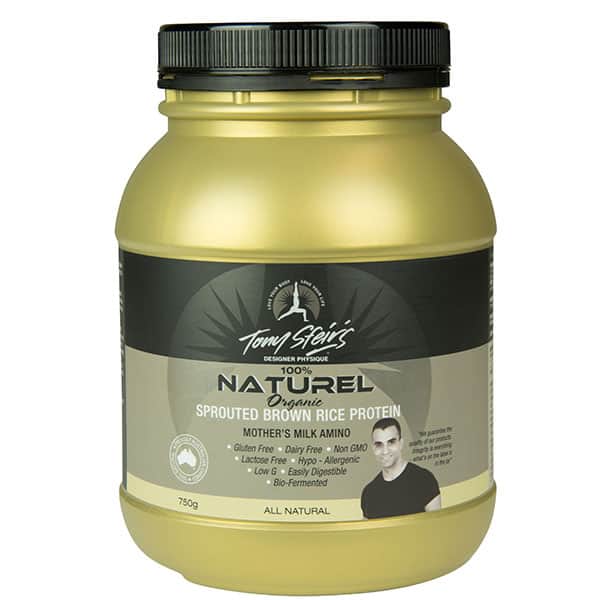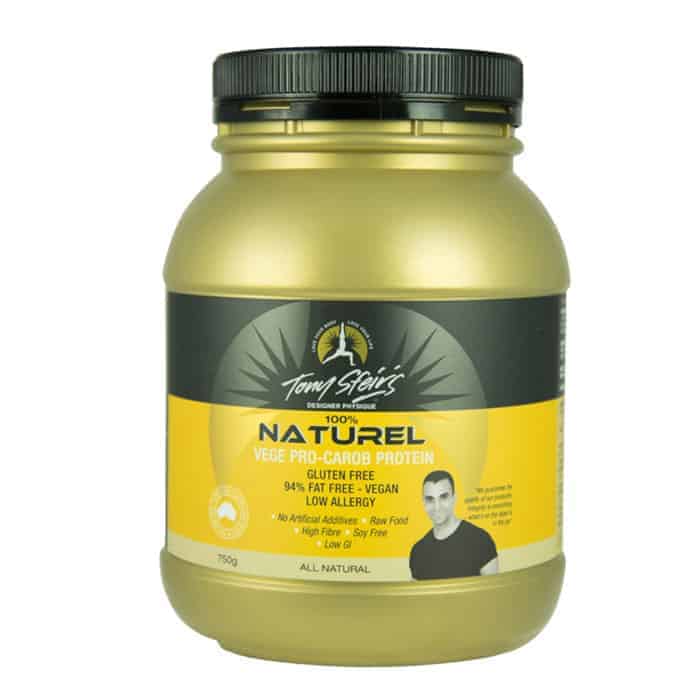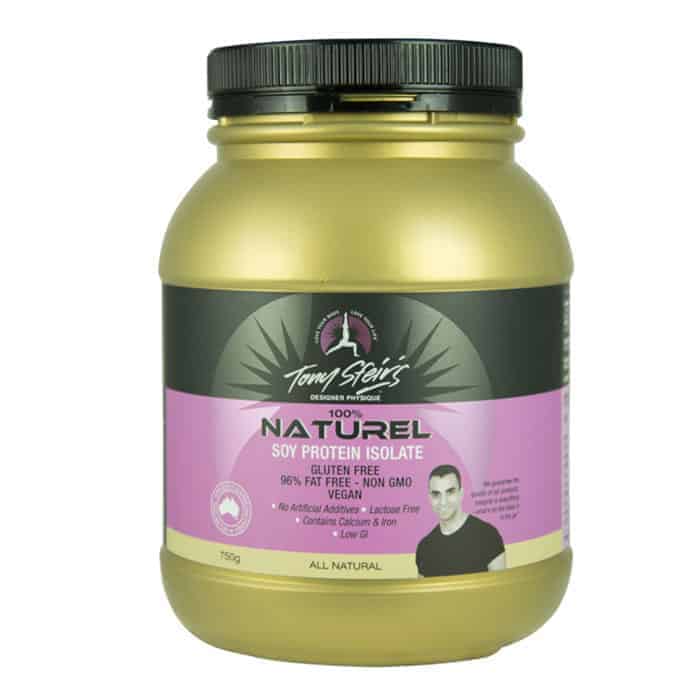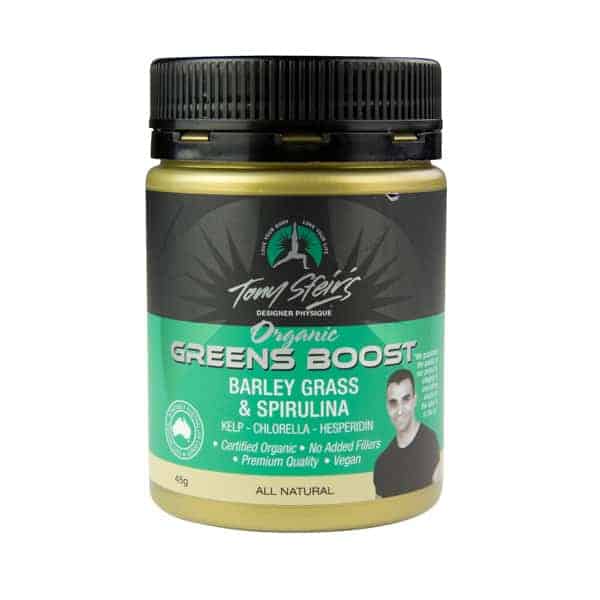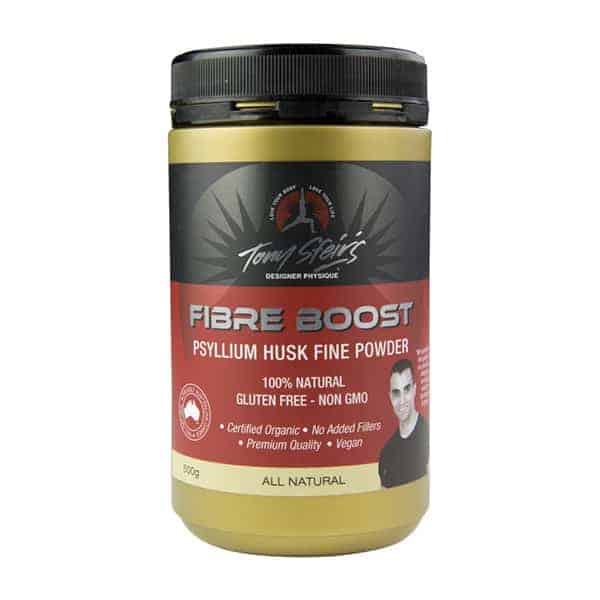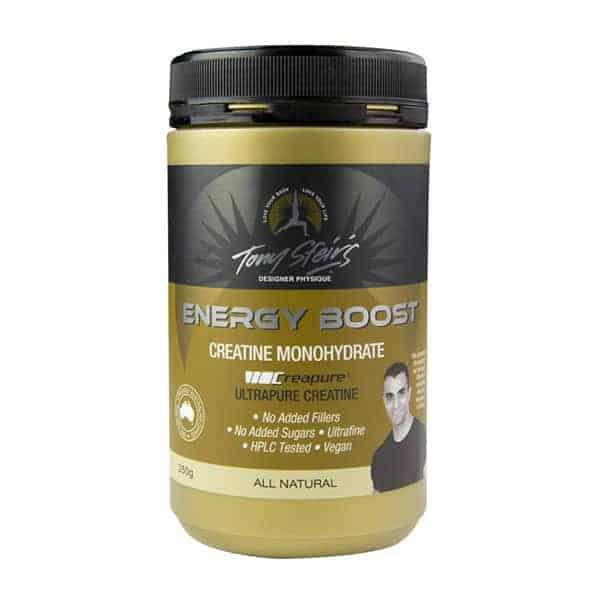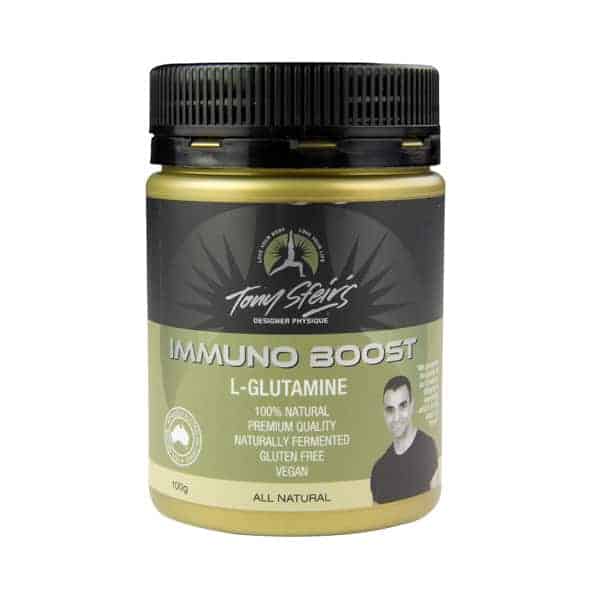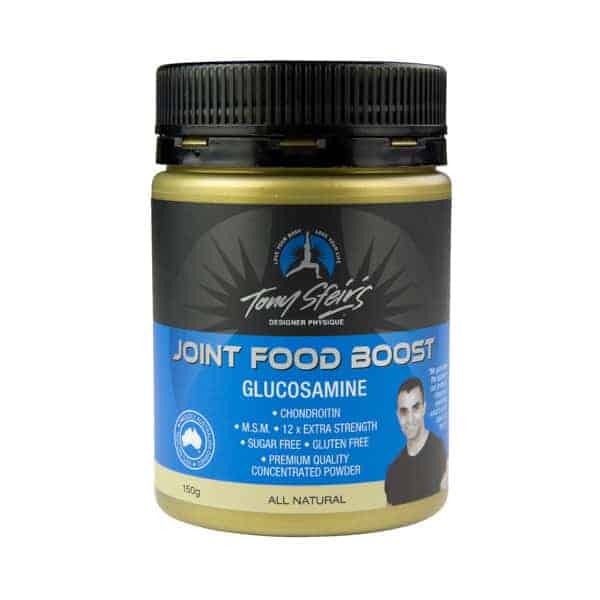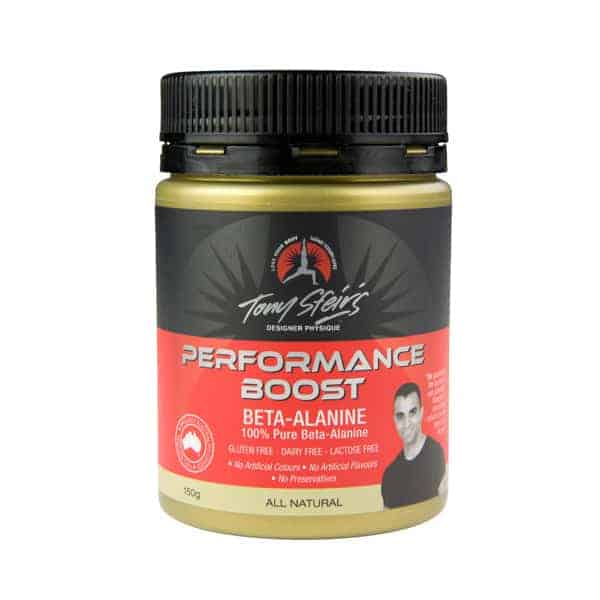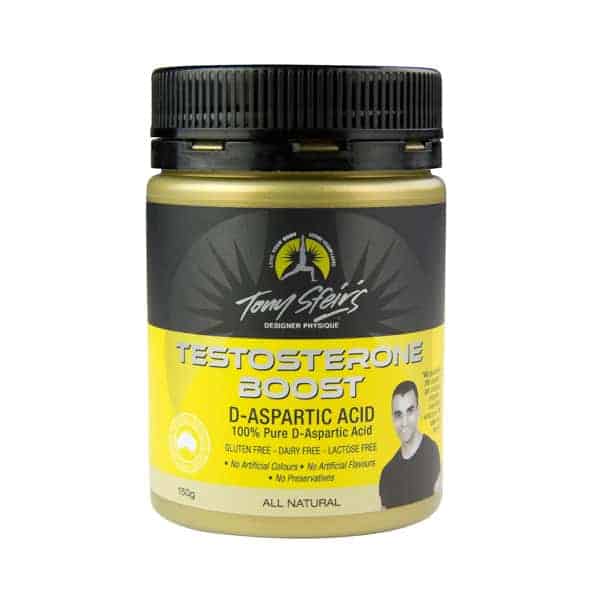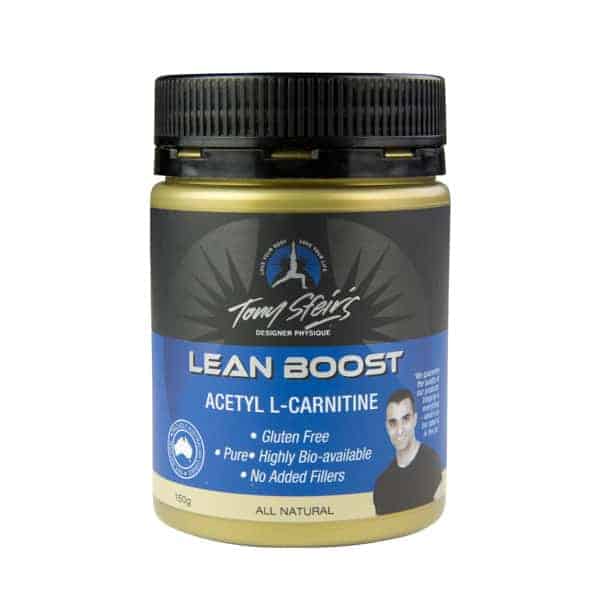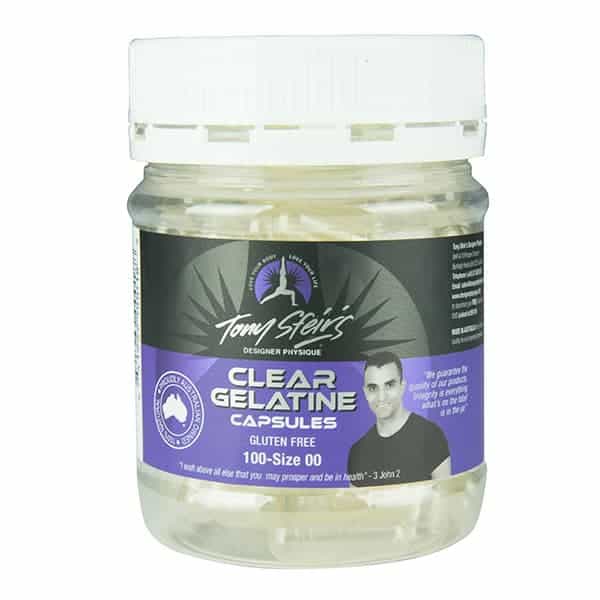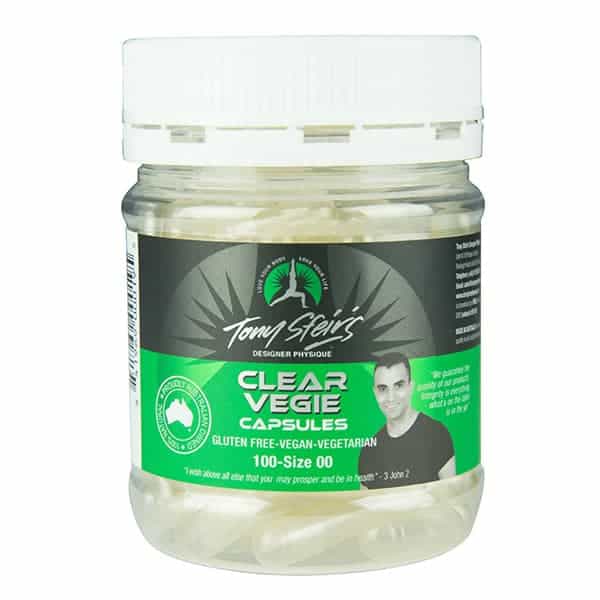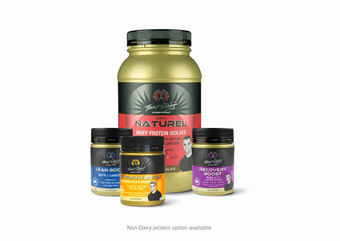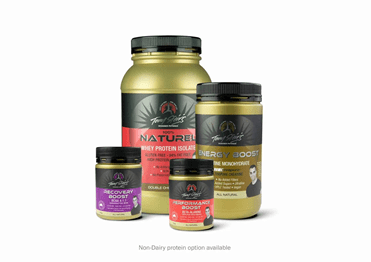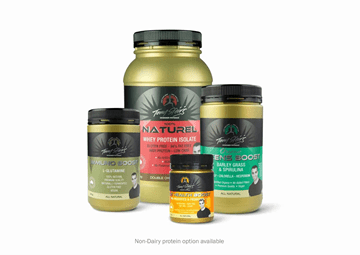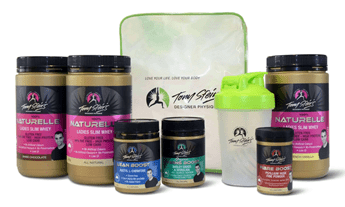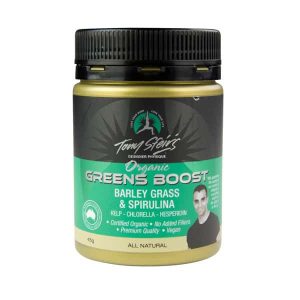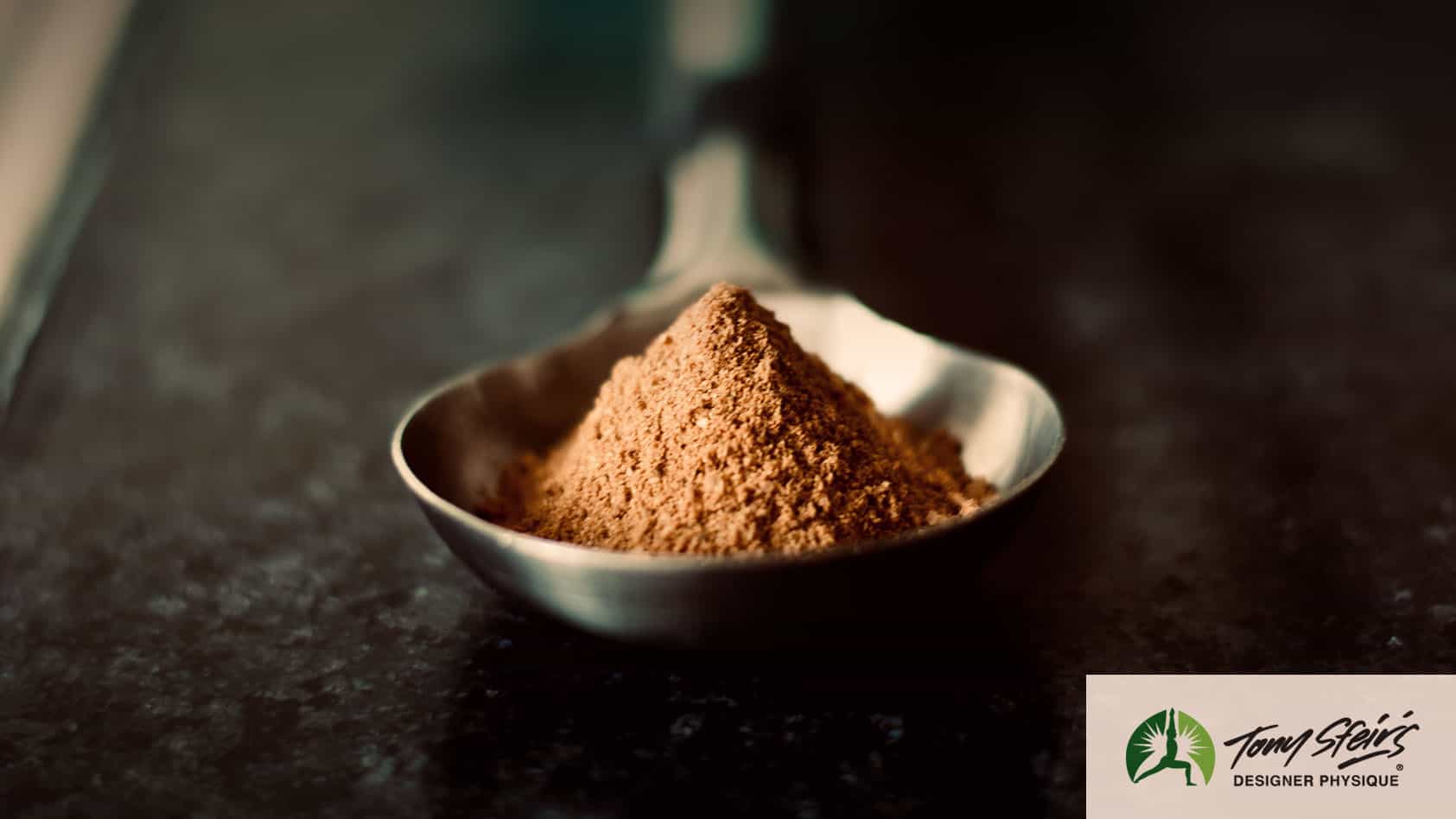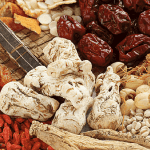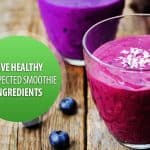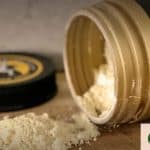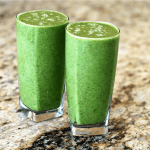There’s no doubt about it, when it comes to exercise, heavy training, or even to look after our general wellbeing long-term, our intake of protein matters.
In fact, adequate protein intake is important for muscle growth, joint and cartilage repair, and is even crucial for the various hormones we produce in our body.
Heck, protein intake is so important; we wrote a full article here on the Why What and How Guide To Protein Powder Supplement (definitely check it out).
Unfortunately, one thing most people get caught up on is using whey protein over plant protein, or vice versa, and it begs the question…
Is there an actual difference between Plant vs Whey Protein? Should you be using one over the other?
Short answer, there definitely is a difference, and in this article, we’ll discuss the major differences between the two, and see what science has to say about it.
Let’s dive in.
Nutritional Density
First and foremost, the major difference between plant-based protein powder vs a whey protein powder is the vast difference in vital nutrients.
Despite the common dietary choices, such as going vegan or vegetarian, plant-based protein powders are actually extremely dense in many essential vitamins, minerals, and anti-oxidants (Ahnen et al., 2019).
Some plant-protein powders are actually high in essential fatty acids, such as hemp protein, which is extremely important for nerve and brain health.
Another good example is Carob protein, which actually delivers a healthy dose of fibre, something that’s critical for the health of our gut (Myhrstad et al., 2020).
Whey protein, on the other hand, although lacking in other nutrients, definitely delivers on protein content.
In fact, whey protein has been suggested in the literature to have a higher digestibility, meaning it’s absorbed better and may provide a more complete amino acid profile compared to plant protein (Berrazaga et al., 2019).
Digestibility
One big reason people may choose to select a plant-based protein powder over whey can be due to digestive issues, and dairy sensitivity or intolerance.
Most people consuming whey protein powder don’t even know they have this issue, and may actually have a whey protein allergy.
If you ever experience digestive discomfort, gas, perhaps an unexpected bathroom trip after consuming your favourite whey supplement, you may need to make the switch to plant protein powder.
Plant protein is extremely gentle on the gut, and if you select a high-quality protein powder, such as our Sprouted Brown Rice Protein, will not only serve as an option for dairy intolerance but food sensitivities too (Patil & Khan, 2011).
If you’re looking for equal protein digestibility and a complete amino acid ratio that whey protein offers, again, high-quality matters.
This is why pea protein powder can be amazing, because not only does it tick the box as a dairy-free alternative, its digestibility and amino acid composition is extremely similar to animal-based protein (Berrazaga et al., 2019).
This is also a reason why we do a plant protein powder blend, which combines the amazing benefits of pea protein powder, with the hemp plant-based powerhouse.
Bottom line though, if whey protein powder doesn’t cause an issue for you, sticks to what works.
Designer physique offers a high-quality range of whey protein powders, including whey protein isolate and whey protein concentrate.
Muscle Building Efficiency
Whey protein is often the go-to when it comes to building optimal muscle, which is purely based on its complete amino acid profile (Gorissen et al., 2018), and digestibility (which we talked about earlier).
Now, while that might be the case, and this makes whey protein powder a solid choice for building efficient muscle, did you know plant-based protein powder is equally effective?
According to a study in 2019 published in the Journal of Sports, supplementing with whey and pea protein can produce similar outcomes in terms of body composition, muscle thickness, and strength following 8 weeks of High-Intensity Functional Training (Banaszek et al., 2019).
This puts two big fat green ticks against whey and plant protein powder for building muscle and supporting our overall physiology.
This also means that selecting a plant or whey protein supplement may be more dependent on the quality we choose, and how it aligns with our lifestyle and dietary requirements.
The Takeaway
There’s no doubt about it, there’s a vast difference between plant and whey protein powder, but still, both serve equally as viable options for building muscle and supporting our overall health.
If you do okay with dairy, have limited dietary restrictions, and want great protein digestibility, whey protein powder could be the better option for you.
If you have digestive issues, have dietary restrictions, and looking for something that’s gentle on the gut and also still has great protein digestibility, plant protein powder could be the better option for you.
The best advice is to experiment, see what works for your body; perhaps a whey protein isolate is best, or hemp protein powder just sits better for you.
Have you had a good experience with plant or whey protein supplementation? Share your story in the comments below!
References
- Ahnen, R. T., Jonnalagadda, S. S., & Slavin, J. L. (2019). Role of plant protein in nutrition, wellness, and health. Nutrition Reviews, 77(11), 735-747. https://doi.org/10.1093/nutrit/nuz028
- Banaszek, A., Townsend, J. R., Bender, D., Vantrease, W. C., Marshall, A. C., & Johnson, K. D. (2019). The effects of whey vs. pea protein on physical adaptations following 8-Weeks of high-intensity functional training (HIFT): A pilot study. Sports, 7(1), 12. https://doi.org/10.3390/sports7010012
- Berrazaga, I., Micard, V., Gueugneau, M., & Walrand, S. (2019). The role of the anabolic properties of plant- versus animal-based protein sources in supporting muscle mass maintenance: A critical review. Nutrients, 11(8), 1825. https://doi.org/10.3390/nu11081825
- Berrazaga, I., Micard, V., Gueugneau, M., & Walrand, S. (2019). The role of the anabolic properties of plant- versus animal-based protein sources in supporting muscle mass maintenance: A critical review. Nutrients, 11(8), 1825. https://doi.org/10.3390/nu11081825
- Gorissen, S. H., Crombag, J. J., Senden, J. M., Waterval, W. A., Bierau, J., Verdijk, L. B., & Van Loon, L. J. (2018). Protein content and amino acid composition of commercially available plant-based protein isolates. Amino Acids, 50(12), 1685-1695. https://doi.org/10.1007/s00726-018-2640-5
- Myhrstad, M. C., Tunsjø, H., Charnock, C., & Telle-Hansen, V. H. (2020). Dietary fiber, gut microbiota, and metabolic regulation—Current status in human randomized trials. Nutrients, 12(3), 859. https://doi.org/10.3390/nu12030859
- Patil, S. B., & Khan, M. K. (2011). Germinated brown rice as a value added rice product: A review. Journal of Food Science and Technology, 48(6), 661-667. https://doi.org/10.1007/s13197-011-0232-4

